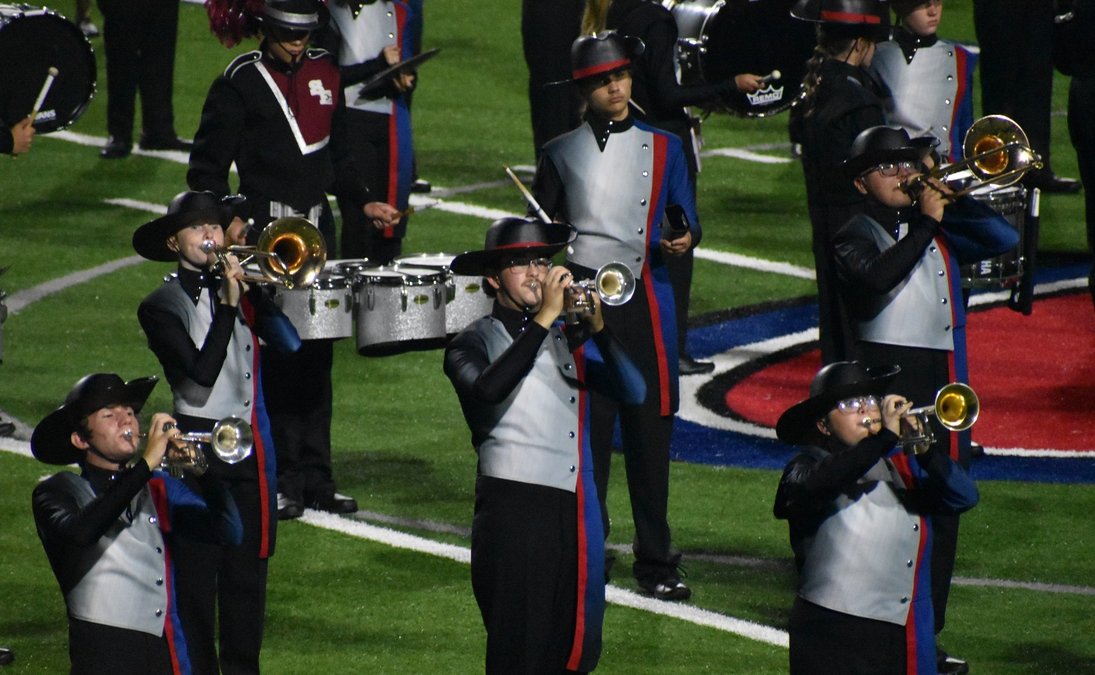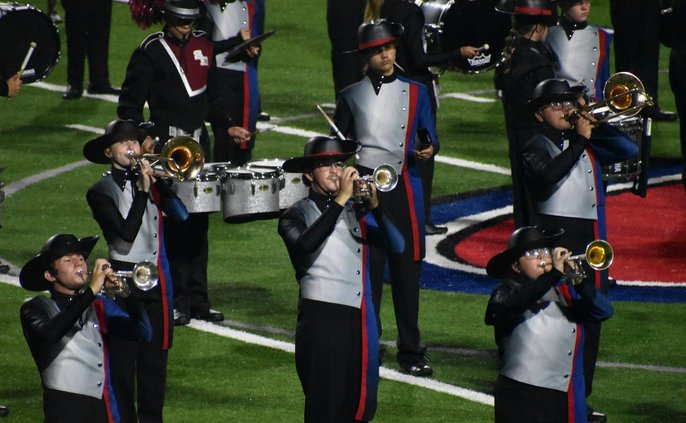Having decided to forge ahead with upgrades for the south communications tower, Effingham County commissioners will deliberate how to pay for it and other improvements to the county’s radio system.
At their June 18 meeting, commissioners voted to go ahead with upgrades at the south tower that will bring it back into operation. How to finance it — along with a service agreement for the equipment, batteries and electrical grounding at its towers — will be up for discussion and possible approval Monday afternoon.
"It’s been a lot of work," Commissioner Vera Jones said, "and I look forward to the long-term plan."
Effingham Emergency Management Agency director Ed Myrick said he believes the upgrades could be completed within three months and that he didn’t foresee any problems with the county getting the necessary frequencies.
"It’s just a matter of going through the red tape," he said. "We are applying for the appropriate number of frequencies under FCC license for this site. We are confident we will have those in the next three months."
Upgrades to the south tower are expected to cost approximately $531,000 for equipment and services. Wade Britt of Motorola said it would take six weeks to get the equipment on site.
"It is specifically built for us," Myrick said. "It is not something you pull off the shelf."
The county’s south communications tower has been shut down since last August, when the Federal Communications Commission did not renew its temporary license. The frequencies in use at the tower were interfering with communications in South Carolina.
Had the county continued to operate the tower without a license, it could have resulted in fines of $8,000 a day.
Soon after, the county established a radio communications group to explore what to do to bring the tower back into full operation.
"Their primary goal was to assess the situation and come up with 10-year goals in accordance with FCC guidelines," Myrick said.
The new two-site simulcast system would use five 700 megahertz frequencies set aside for Effingham, with five channels at each site.
"Ed has worked very, very hard on this," Britt said.
Commissioners will delve into an agreement for a two-site simulcast system upgrade, a preventive maintenance contract with Emerson Network Power, a service agreement with Motorola for the communication towers, 911 equipment and radio infrastructure, and a proposal from Savannah Communications for electrical grounding at the towers.
"In a perfect world, we’d do it all now," Myrick said, also asking commissioners if they wished to cover the costs in full or spread the payments over time.
A complete upgrade of the county’s communications towers would cost approximately $1.8 million. The equipment at the multi-agency call center, or 911 center, could be outdated by 2017, Myrick said, meaning replacement parts won’t be available after that.
"We’re talking about spending a lot of money," said Commissioner Steve Mason. "What caused this?"
The south tower site was given a temporary license, but when South Carolina implemented its communications plan, Britt explained, it came into conflict with the south tower.
The FCC opened space on the upper UHF, ultra high frequency, band for TV broadcasts, Britt added, and when television went to digital broadcasts, that opened radio spectrum.
"They set aside a big chunk of that for public safety use," Britt said. "This is a chance to get a clean frequency."
Britt and Myrick went to Atlanta to meet with the state’s frequency coordinator, with the understanding Effingham could use state frequencies at all three towers. They were told, however, that wouldn’t be the case and that state frequencies were available for the south tower but not the north tower.
"We were a little bit shocked when we got the response back," Britt said.
The county could agree to a three-year financing plan for the south tower upgrades, with a 3.19 percent interest rate and an annual lease payment of $188,000. There also are options for monthly lease payments over three, five and seven years.
While the $531,000 covers the cost of the apparatus for the south tower and its installation, a proposed service agreement with Motorola would lump coverage of the tower sites and the E-911 equipment into one package. That would mean either $186,000 in one payment or a total of $189,000 spread out in monthly installments.
Myrick also cautioned that the batteries for communications equipment are in bad shape and there is a need for service on an uninterrupted power supply.
"You don’t want a power surge to hit a $2 million piece of equipment," he said. "We have a lot of problems at our tower sites with dead batteries because we didn’t have service agreements. It was painfully obvious by the dead batteries we had that we had not had service on them."
Cost of batteries and their maintenance could be approximately $45,000.
The grounding of the tower locations and the 911 center will blunt the effects of lightning strikes on those places. That cost could be close to $95,000.
"It is a necessary evil," Myrick said.








